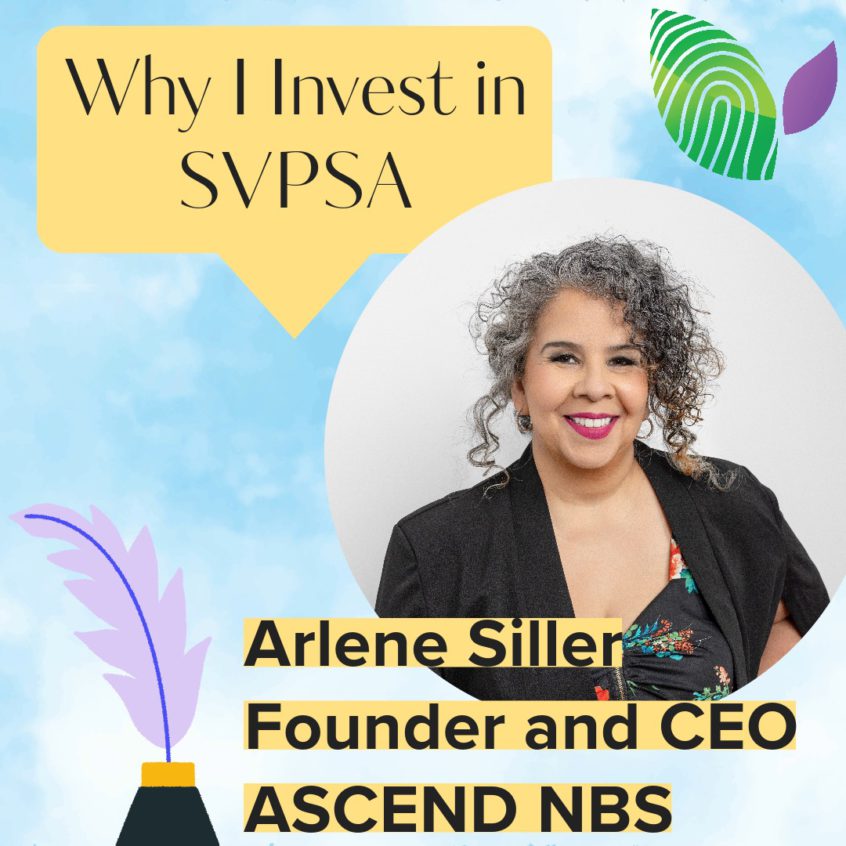Arlene Siller didn’t intend to start a business offering grant writing services to nonprofits.
As a scientist with a Ph.D. in biochemistry, her early forays into grant writing were a necessary undertaking to fund scientific research. In the process, she developed the skills to secure millions of dollars in grant funding.
Today, she uses that acumen to help nonprofit organizations grow. She started Ascend Nonprofit & Business Solutions in 2019, assembling a team of grant writers to help fund nonprofits nationwide.
Her science career was the perfect training ground for grant writing.
“Science is a very defensive field. You are coming up with an idea with the expectation that no one will believe you and they will look to shred it to pieces. Which they should do, for the greater good of humanity,” Siller said. “When you think backward and think with that defensive mind, it really helps you from a grant writing standpoint.”
After transitioning out of science, Siller worked in-house as a grant writer for an organization that helps secure funding for entrepreneurs who lack access to traditional loans. That role inspired her to use her grant writing talents to dive deeper into addressing inequities in society by starting a business focused on grant writing for nonprofits.
One driving force behind her focus on the nonprofit sector is the Opportunity Index, which provides a snapshot of conditions in U.S. communities by examining four factors: the economy, education, health and community. The index essentially shows that how well you do in life is determined by the zip code you come from, Siller said, adding that in areas with high concentrations of black and brown populations, the opportunity indexes are not very favorable.
“That just really never sat well with me. I’m a Latina, and as a person of color, I don’t want anyone else determining how well I can do in life based on where I was born,” she said. “That is something I wanted to change and that made me want to go into business on my own.”
Her work has given her a glimpse into some of the challenges facing nonprofits. One of the main obstacles she sees is that many nonprofit executives don’t have an educational foundation in business.
“A nonprofit is a business. But if you never received those business classes, you don’t know how to run it,” she said. “You’re running it from the perspective of the programming you provide, whether it’s dealing with food insecurities or education deficiencies. You’re doing that, but you still have to deal with all the components that make up a business.”
When she heard about SVP and its Fellowship program to strengthen the skills of nonprofit executive-level leaders, she wanted to get involved.
“The training that SVP offers through the fellowship was something that really resonated with me. That was the thing that really brought me into it and why I wanted to be a part of it,” Siller said.
Siller provides training to SVP fellowship participants. She’s also served as an SVPSA board member for a year and a half and on various committees.
Her work with nonprofit organizations across the country has also given her a glimpse into the future of nonprofit growth: collaboration. Instead of offering smaller grants, many funders are offering larger grants allowing multiple entities to come together to tackle a problem. It’s a concept that would benefit organizations in San Antonio, she said.
“After COVID and everything else, we have seen a lot of funders on a national level really go toward this model of collaboration in terms of solving those bigger problems through a grant application that involves multiple organizations coming together, each doing what they do well, but tackling problems together,” she said. “It would bring in bigger dollars to our community if they were able to do that.”

